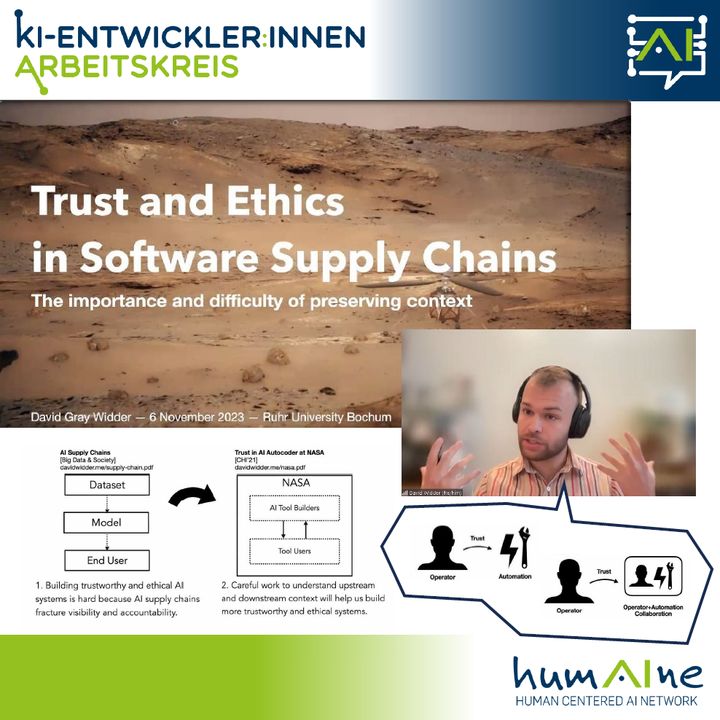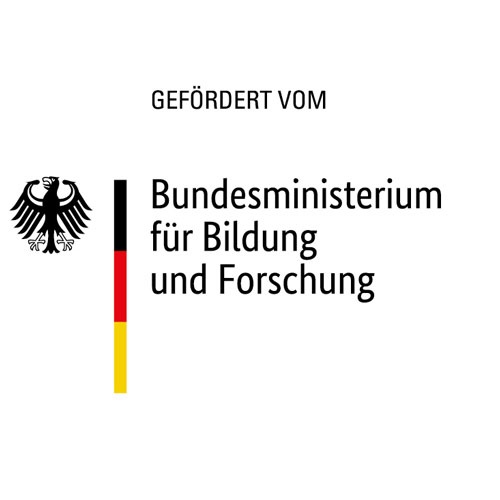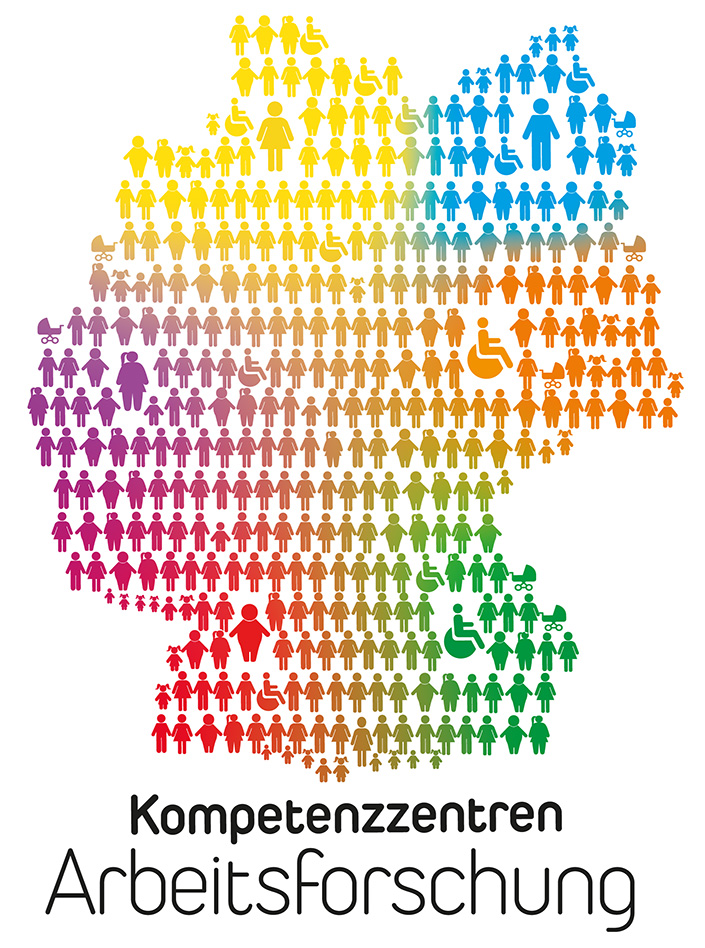Yesterday, our AI work group (Ki-Arbeitskreis) went international: David Widder joined our recurring event to present his academic work on trust and ethics in software supply chains.
He scrutinized the missing transparency of modular systems that make it hard for end users to trust and understand the development process of a product they are using. The modular process in which these products are developed makes it easy to disavow harm on the developers’ end, so that problematic factors might not be detected looking downstream. Widder pointed out that dislocated organizational context complicates developers’ sense of agency and responsibility.
He advocated for a more transparent approach to software creation that keeps the end user in mind but also spread awareness about ethics being an ambivalent matter – there is no holistic approach to ethics, they are a highly personal subject. Nevertheless, Widder has some suggestions for partial ethical control: To name only some, there is norm setting, licensing for ethics, technical restrictions or contractual obligation. The topic of trust, ethics and responsibility in supply chains remains worthy of continuous technical and academical scrutiny and negotiation.
We are most thankful for David Widder’s scholarly insights on this topic as well as the informed and fruitful discussion that ensued. Thank you to everyone who contributed their expertise!



